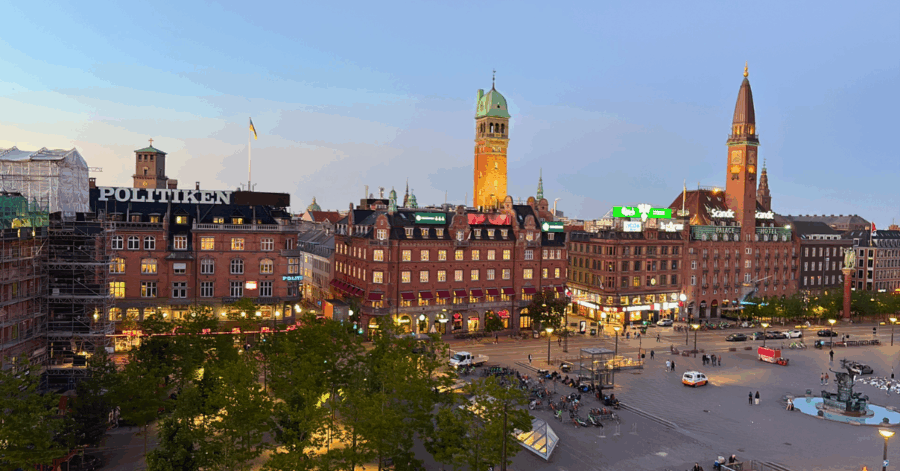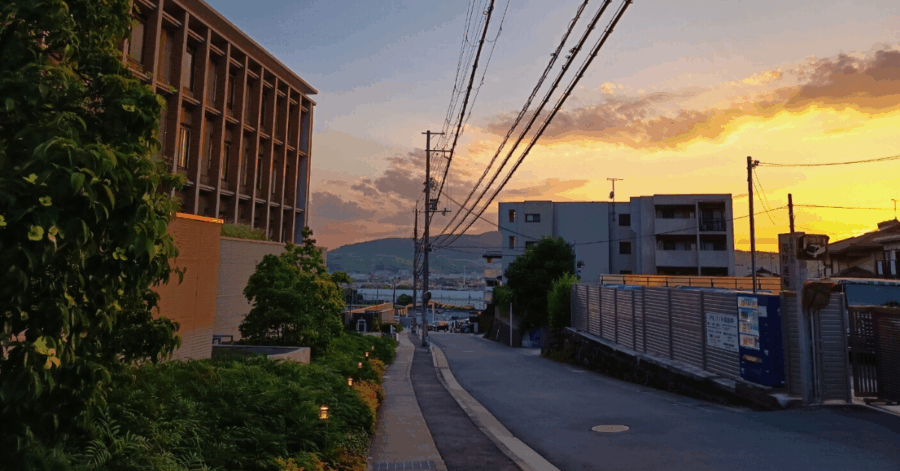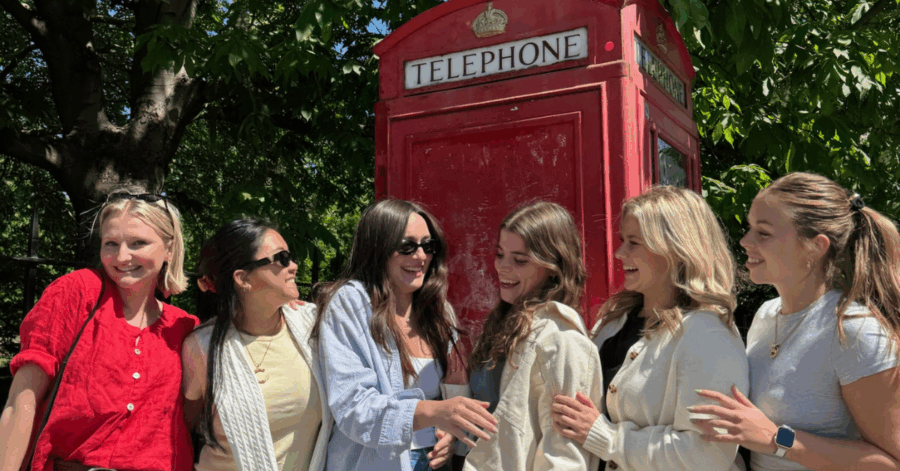Привет снова друзья! It’s been two weeks since I last wrote in and much has happened! Every day here is so packed with adventure, experiences, and new acquaintances and friends that one day feels like a mini-lifetime, and I’m loving it!
One of the biggest challenges that has “surfaced” is also one of the great perks of studying a foreign language abroad. This challenge is the constant exposure to situations where speaking Russian is absolutely vital. What’s taught in the classroom during my nearly 5 hour daily Monday through Thursday individual and group lessons does not end in the classroom but continues and blends into everyday life in St. Petersburg. On the classroom wall of my group lessons is an enigmatic Karl Marx quote: “The production of too many useful things results in too many useless people.” The spirit of this quote is felt in my constant need to stretch my Russian speaking abilities here– with every normally pedestrian interaction holding utility.
The first experience is one we take for granted every day and that’s simply the speech involved in navigating a local Russian restaurant. Making my food and drink order, asking about menu options, specifying and answering questions about how I would like it prepared, asking for the bill split, saying how I’m paying, all require me to practice my Russian language, adopt new vocab, and listen carefully to the answers. Walking around St. Petersburg I have been stopped countless times by people unfamiliar with the area asking in Russian if I could give them directions to the Metro, supermarket, or other location around the city. We had been reviewing verbs of motion in my Russian lesson the day this first happened to me (a particularly difficult-to-master concept in Russian that takes “to go” to a whole new level of detail), and I was taken aback by how a practice scenario of giving directions I’d done countless times at UT and now UNECON, was immediately taken into real life by me having to explain to a young tourist couple visiting Petersburg how to find the metro. Even when at a Russian gym here, I am still in the classroom, being approached by other gym patrons asking me in Russian if I could help spot them on the bench press, if they could work in with me on the machine I am using, or questions about the workout I am doing. These situations sometimes turn into conversations in Russian about what I am doing in the city and their own lives. Being here, and sometimes “underwater,” has truly taught me there is no better way to learn a language than full immersion.
Having befriended some Russian students at the University where I am studying, I have worked continuously to speak Russian with them, talking about everyday things as well as our personal lives in ways that have expanded my confidence and speaking skills faster than I thought possible. Often when in the classroom, before coming to Russia, I found myself overthinking each phrase, trying to make sure that I was structuring everything correctly; however, being forced to have flowing “normal” Russian conversation has helped me do what took so much thought in less and less time.
Getting my last credit of Russian language in Russia is truly the best way to learn and appreciate the language. As I continue to speak to locals, attempt to read and enjoy books in Russian, and watch Russian movies and shows here (including the Last Czars on Netflix with UT Austin’s own Marina Alexandrova, my amazing third year Russian teacher) I hope to continue to improve my language skills within my own family, not leaving my lovely immigrant Mom as the last conversant Russian in our family!
This post was contributed by Sean O’Leary, a 2019 Global Ambassador. Sean is studying abroad on the SRAS Russian as a Second Language program in St. Petersburg, Russia.
Don’t get left behind. Read more about Sean’s experience in Russia>>










